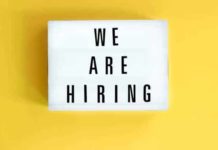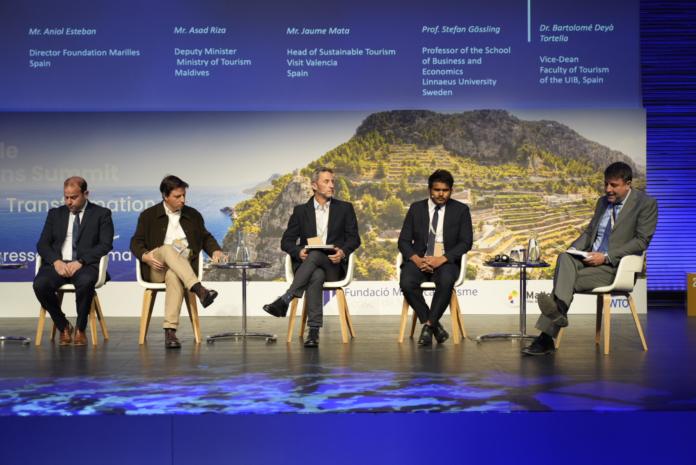
The Palacio de Congresos de Palma hosted the Summit of Sustainable Destinations organised by the Mallorca Tourism Foundation, in partnership with the World Tourism Organisation (UNWTO) 7th and 8th April 2022. The purpose of the conference was to share best practices in environmental, social and economic sustainability developed around the world by leading organisations and companies. The program included inspiring presentations, thought-provoking discussions, visits to local sustainable projects and engagement through a Hackathon.
Keynote speakers included Catalina Cladera, President of Majorca’s government (the Consell de Majorca), Isabel Oliver from the Office of the UNWTO Secretary-General and José Hila, Mayor of Palma, who opened the international event which was attended by more than 300 people in-person and online. The main topics tabled were water management, waste management, circular economy and data analysis for decision making and sustainable tourism techniques. Presentations were made by high profile speakers such as Jaume Mata, Head of Tourism Sustainability for Visit Valencia; Dirk Glaesser, Director of the Sustainable Development Programme of the UNWTO; Enrique Martínez, President of Segittur; Sandra Benbeniste Millán, Sustainability Director for EMEA Iberostar Hotels; Catalina Alemany, Manager of Corporate Social Responsibility for Riu Hotels; and Stefan Gössling, Professor at Linnaeus University, School of Business and Economics.
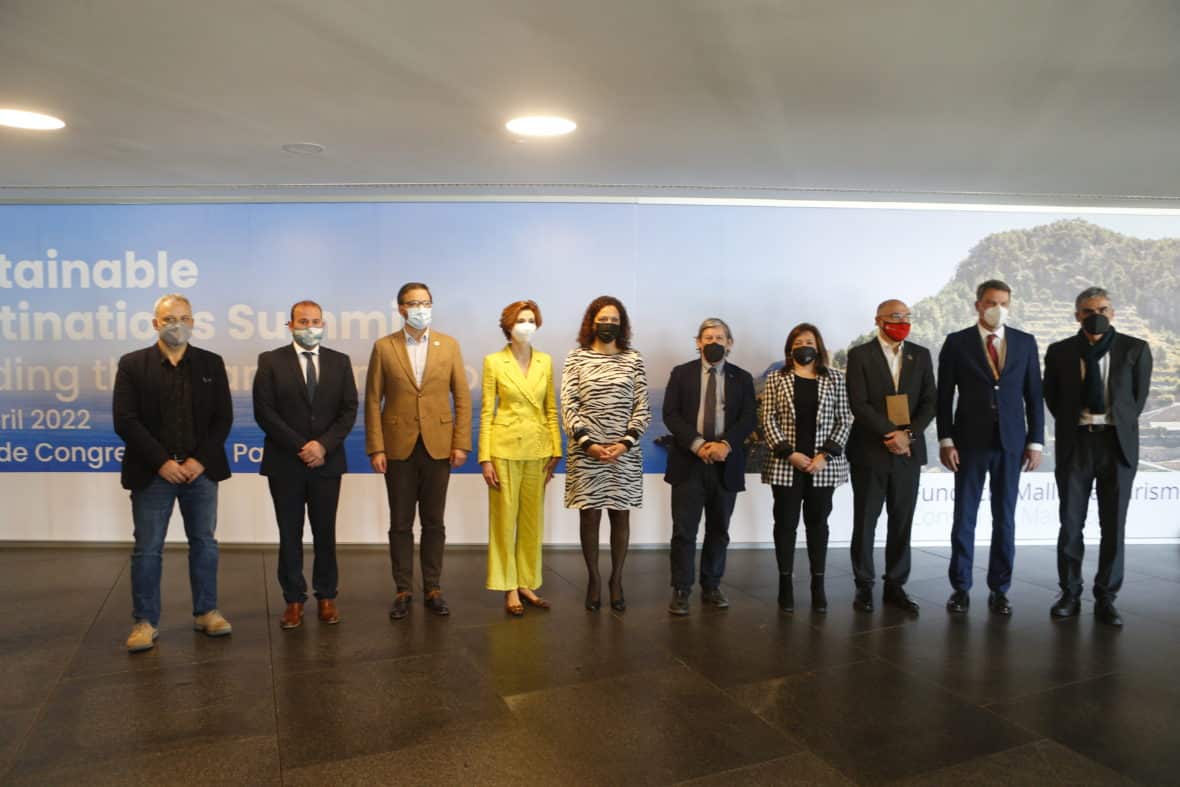
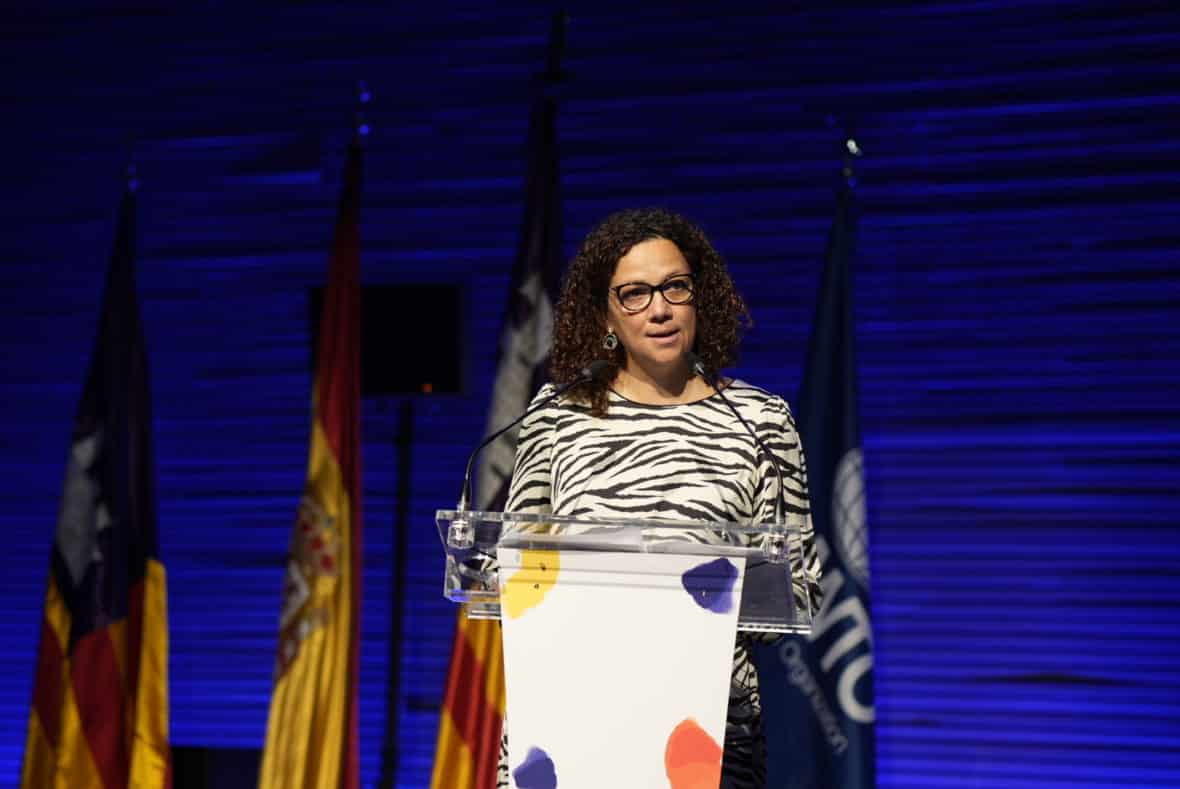
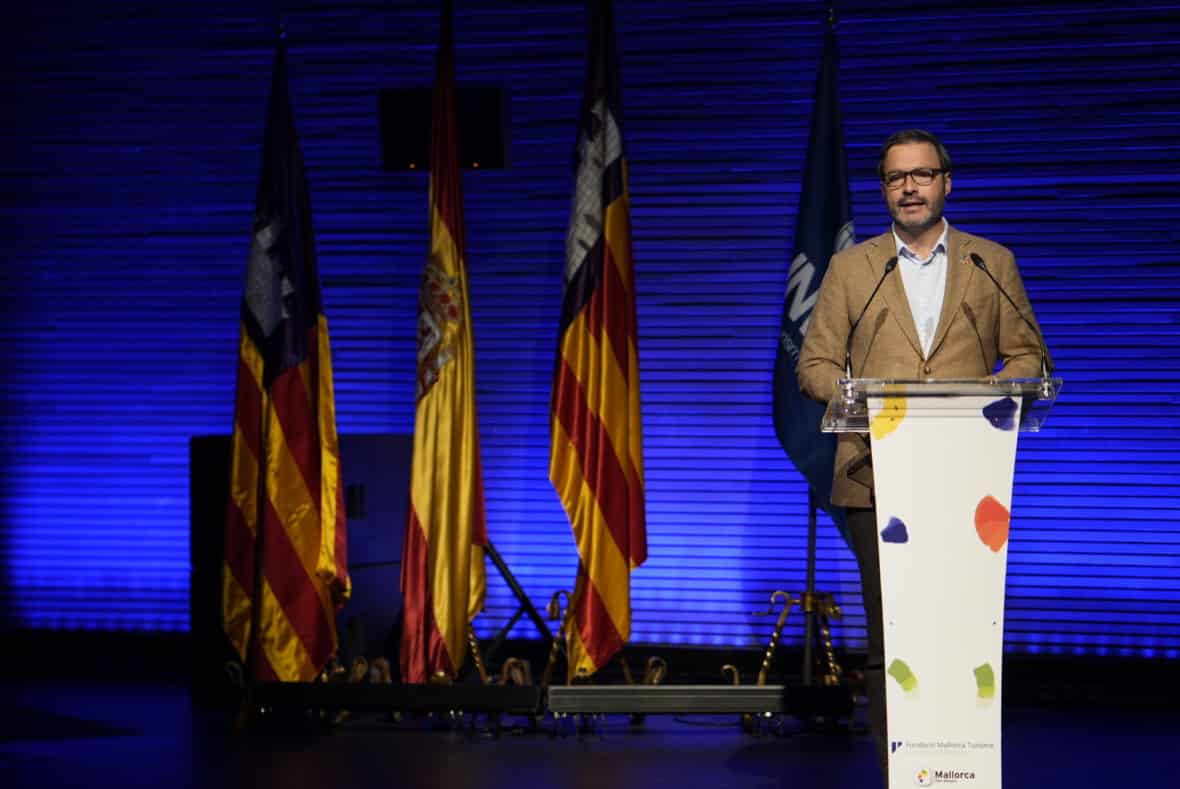
The summit’s conclusions were formulated in a round table session moderated by Andreu Serra, Minister of Transition, Tourism and Sports for Majorca. Mark Tanzer, Executive Director of ABTA; Norbert Fiebig, President of the German Travel Association; and Miguel Sanz, General Director of Turespaña. The summit was closed by Nadia Calviño, Vice President of the Spanish Government and Minister for Economic Affairs and Digital Transformation, and Francina Armengol, President of the Balearic Islands. Armengol emphasised the importance of the new tourism law that is being processed by the government focusing on sustainability from the perspective of business competitiveness, environmental sustainability, and improved conditions for everyone working in the tourism industry.
On Friday afternoon and Saturday morning, delegates were shown projects that are examples of good practice in sustainability: Tirme, the Environmental Technology Park of Majorca; Portblue Club Pollentia Resort & Spa and a Baleària ship, both of which operate based on a circular economy; and the Oliver Moragues winery, where the production of wine and farming respects traditional processes and local products.
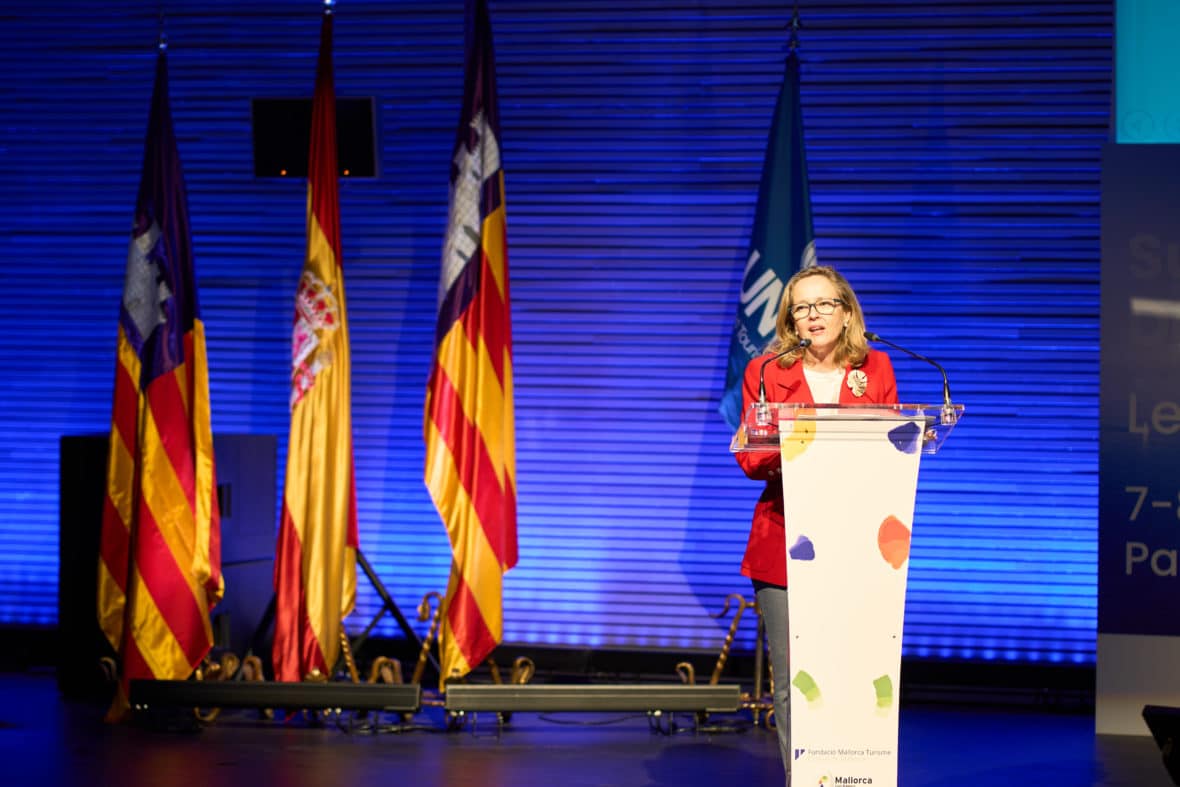
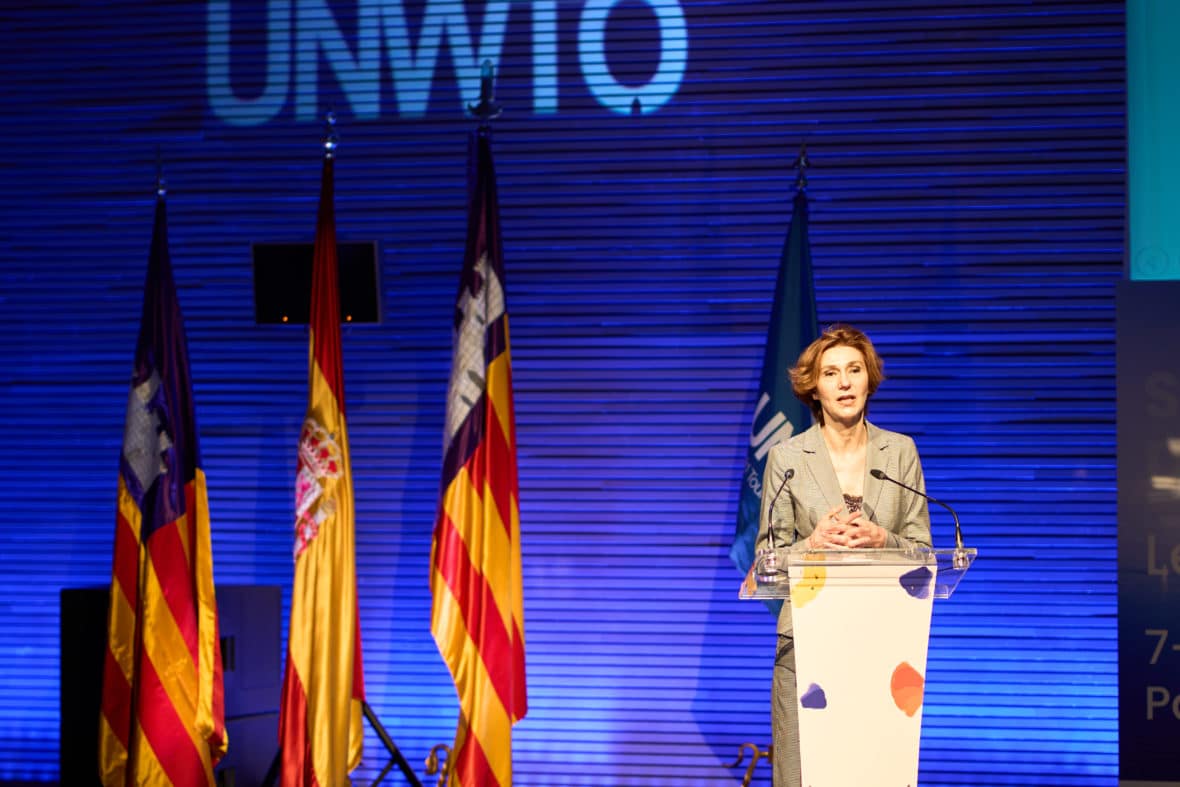
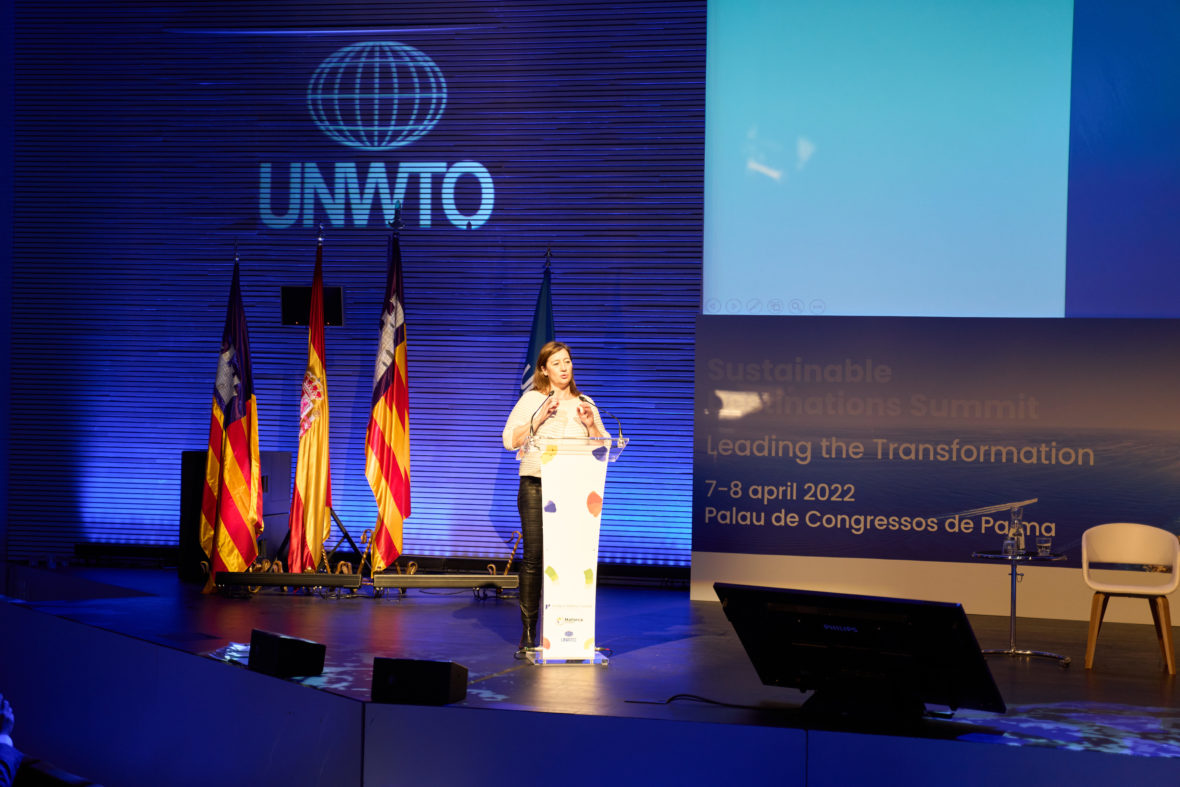
Parallel to the second day of the summit, a hackathon was organised. This challenge was aimed at professionals, researchers and students with an interest and commitment to sustainability, who wanted to test their talent by providing solutions for various tourism problems in Majorca. The teams worked on problems linked to three major challenges: water, food and mobility. The winners of each challenge received €5,000, which was distributed equally among the team members. The hackathon gave participants the opportunity to network and take advantage of new digital tools and technologies. The teams were accompanied by mentors who helped them to design their projects.


